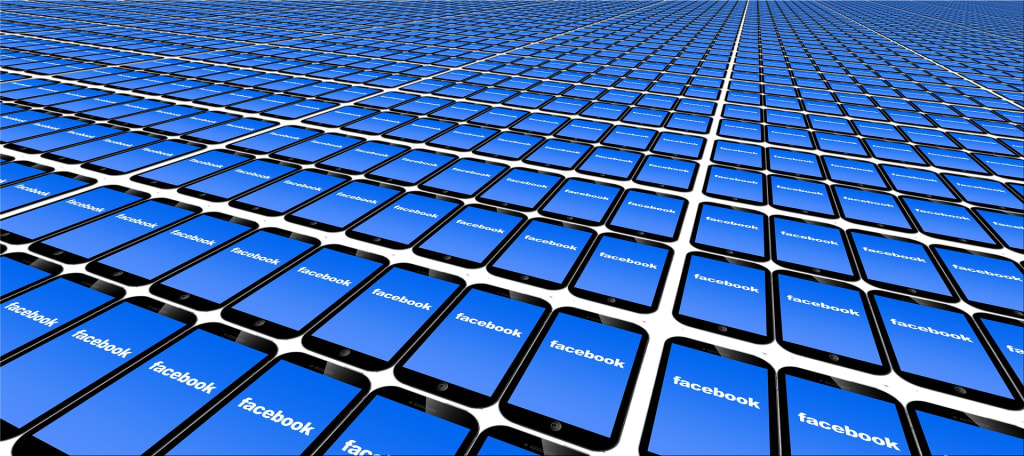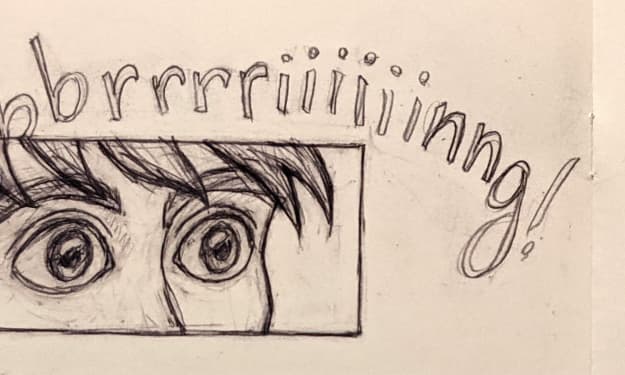
Our world, full of technology, has become a world where anyone can find out anything at just the touch of a button, or less. We live in an age where absolutely any information known to the human race can be found, if you're willing to look.
But has this actually helped our society, or has it created a species of Jacks? ...Masters of absolutely nothing....?
It used to be that people couldn't read and so they knew nothing. They were taken for a ride by people who could read, who could tell them words meant anything. They were hyper religious and violent creatures, living in poverty and squalor. The dark ages. And boy were they dark.
In 2017, it has been all about 'FAKE NEWS!' and trustworthy sources. But at this point, with a very minimum of 1.2 million terabytes of information, real or fake, ready for consumption, it could be too little, too late. People are increasingly hyper-religious, violent, and we live in poverty and squalor.
It seems that having all information alongside all the misinformation is pretty much the same for society as having none at all. Except it makes some people feel like they are enlightened when really they are ignorant.If you don't watch the news, you'll be told you're uninformed... If you watch the news, you'll be told that the media lies; this is true to an extent. It is my personal opinion that there won't be many journalists who outright lie, even though some will exist; there will, however, be countless journalists who write short-sighted, naive, and biased articles based mostly on their own opinions of the very small view of the world they actually have. Or the views their bosses have, who hand pick editors who fit in with their own ideals and place them in situations where they can "accurately" represent their version of reality.We all have this very small bubble of perspective and it is through this bubble that we shape our lives and seek to shape others'.
This bubble surrounds us in every aspect of our lives, from daily offline living, to the places we work, to social media, to the adverts we see (see "are shown") and the people we meet. We very rarely come across something in life that isn't already connected to us in some way.
We log in to Facebook and we like the things that interest us, we add the people we are friends with, or wish to be, and Facebook shows us things related to those already cemented interests and likes.
If we like left wing pages, we see more left wing versions of the world. If we like a lot of animal pages, we will see a lot more about the world's animals.
We log out and we go to work. The work we can do because of how and what we did in school, college and beyond. The work we possibly even chose to do. Our work is connected to our already cemented selves.
We come home from work and we watch programmes that interest us, cementing further the ideas we already had and the thoughts we already considered.
We feel like we are seeing so much of the world, especially when we come face to face with someone who has completely conflicting ideas about the world. We feel like, because we have encountered this person, that the things we share and see must also be seen by other people like that one, anomalous encounter. That we could change their minds, that we can affect and improve the world by continuing to share!
But it's not true. Our bubbles may bounce off of each other once in a while, but they never truly connect. That person will float away again, back into their own world, where everything you fight for is exactly what threatens the world in their eyes.Sometimes... these encounters lead to debate, or more often than not, true conflict. What can be done here, but to search the vast and endless internet for some evidence that your worldview is right? To search for sources they will respect? To prove your bubble is superior?
But which sources are right? Which can you trust?
The peer reviewed studies! Yes! But....are they telling the truth about themselves? Are they actually reviewed? Are those names even real? Probably. But you'll have to pay to read most of them.
Wikipedia? Probably mostly accurate, but who can tell which parts?The free information you can find at your fingertips is a massive collection of snippets of people's individual knowledge gained from their little bubble of personal world view. Many will be contrary, many will conflict, many will agree, many will be confusingly similar but not quite the same...so what then?
Assumption?
Pick the best one?
View the options of truth and choose the best version.I am not for one single second saying there isn't an absolute truth on subjects on our planet.
I'm not saying there isn't a definite answer to who is bombing who in Syria, just that you can't truly know without being there.
I'm not saying the articles you'll find by Holocaust deniers are worth considering.
I'm not saying you shouldn't defend against bigotry purely because it's someone else's opinion of goodness.
I'm not saying let your brain fall out of your open mind...But what I am saying is that with every Google search you do, you gain very little pieces of knowledge from one biased viewpoint... and knowing a little of something can be very dangerous indeed.
Not many people will have the time to truly research every subject that is important to them, until they come to a conclusion of absolute, undeniable truth brought about by sources of such veracity no other person could possibly argue.We are all just bouncing around in our bubbles, being fed whatever information we think we want, to keep us happy while the people with the real knowledge churn out more and more rules to make sure their knowledge does indeed give them power.It sounds like the rantings and ravings of a madman who has read far too much Orwell......To anyone who has never read Orwell...





Comments
There are no comments for this story
Be the first to respond and start the conversation.